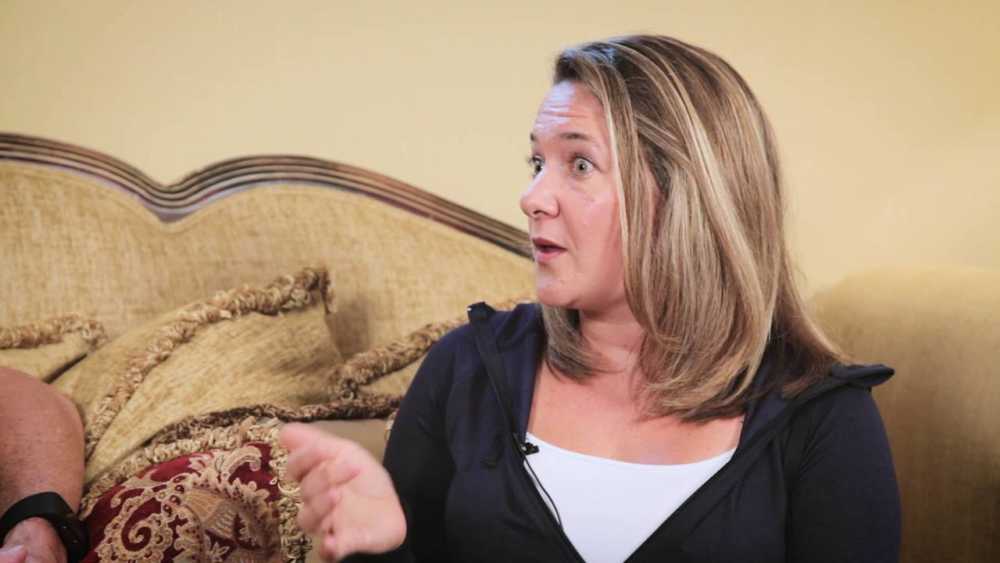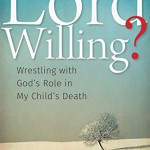We run our website the way we wished the whole internet worked: we provide high quality original content with no ads. We are funded solely by your direct support. Please consider supporting this project.

Lord Willing? Part 2
In Part 2 of Greg’s interview of Jessica Kelley about her book Lord Willing?, they discuss the theology that helped Jessica through her son Henry’s illness and death. You can find Part 1 of the interview here, and part 3 here.
Category: Sermons and Video Clips
Tags: Henry Kelley, Jessica Kelley, Open Theism, Problem of Evil, Theodicy, Warfare Worldview
Topics: The Problem of Evil
Related Reading

Lord Willing?
Lord Willing? Wrestling with God’s Role in My Child’s Death, by Jessica Kelley In November 2012, I received one of the most touching emails I have ever received. A young mother named Jessica Kelley explained to me that her four-year-old son had been diagnosed with an aggressive brain tumor. Despite his parents’ and doctors’ valiant…

Love and Free Will
God could have easily created a world in which nothing evil could ever happen. But this world would not have been capable of love. God could have preprogrammed agents to say loving things and to act in loving ways. He could even have preprogrammed these automatons to believe they were choosing to love. But these…

Good From Evil
The Bible is very clear that God has nothing to do with evil. There is “no darkness” in God. (I Jn 1:5). Far from intentionally bringing about evil, God’s “eyes are too pure to look on evil” (Hab. 1:13). All evil, therefore, must be ultimately traced back to decisions made by free agents other than…

Evil, St. Augustine, & the “Secret” Higher Harmony
The problem of evil constitutes the single most difficult challenge to Christian theism. Volumes upon volumes have been written with the express purpose of rationally reconciling the belief in an all-good and all-powerful God with the reality that life is frequently an inescapable nightmare. Indeed, it is not overstating the case to claim that no…

What’s the significance of Isaiah 63:8-10?
The Lord said (or “thought”) to himself, “Surely they are my people, chidren who will not deal falsely.” So, the text says, “He became their savior” (Isa. 63: 8). But “they rebelled and grieved his holy spirit.” So the Lord “became their enemy” (9-10). If the future is exhaustively settled from all eternity, how could…

How Could God Foreknow Peter’s Choice but not Abraham’s? (podcast)
Greg looks at the nature of God’s foreknowledge and testing. Episode 562 http://traffic.libsyn.com/askgregboyd/Episode_0562mp3.mp3
